UNITAID ANNUAL REPORT 2019-2020
A SIMPLER APPROACH
TO HEALTHCARE
Over the past 15 years Unitaid has led the way in identifying promising health innovations, showing they can work in low-resource settings, and laying the foundations for partners to make them available at scale.
The diseases that Unitaid and its partners are seeking to end – HIV, tuberculosis, malaria, cervical cancer and hepatitis C - are both preventable and treatable but also complex and intractable. A growing challenge is posed by antimicrobial resistance which is undermining the ability to treat infectious diseases.
The COVID-19 pandemic that has shaken the world over the past seven months has added a new layer of complexity to the global health landscape, infecting millions of people and setting off a frenzied search for effective vaccines, reliable treatments and diagnostics.
Unitaid wants to see some of the approaches it has successfully promoted to HIV and tuberculosis applied to COVID-19, such as preventive therapy and testing and treating in the early stages of the disease.
Unitaid’s interventions are driven by a quest to achieve greater simplicity in screening, testing, treating and case management so that health systems can be better equipped to provide quality care to more people at less cost.
All the projects highlighted in this annual report aim to simplify healthcare, whether by using a portable device to quickly determine if someone has advanced HIV disease; or a child-friendly four-in-one combination of antiretroviral drugs to treat children with HIV; or a drug that only requires a single dose to cure people with plasmodium vivax malaria.
The report traces Unitaid’s progress from July 2019 to July 2020 and shows how Unitaid and its partners are responding to the COVID-19 pandemic and working together to ensure programs sustaining the fight against the three diseases continue with as little disruption as possible.
Unitaid has also moved quickly to reshape its programs to contribute to the global response to COVID-19.
Many of Unitaid’s latest interventions have the potential to strip away complexity and make the task of health workers comparatively easier, while improving quality of life for beneficiaries of healthcare. Long-acting formulations, for example, could replace daily regimens of antiretroviral pills. HIV could instead be treated with injections and patches that are effective for weeks or even months on end, improving adherence and combatting increased resistance to drugs.
A new portable device that uses a heated probe to treat precancerous lesions on the cervix has the potential to transform outcomes for women in low- and middle-income countries, who are six times more likely to develop cervical cancer than women in high-income countries. The device can be used in remote settings by a nurse to remove abnormal tissue which, if untreated, can lead to invasive cancer.
These approaches hold out the promise of being affordable and can be speedily administered to large numbers of people in communities at point-of-care. Greater simplification can provide the bedrock for more resilient health systems that make possible the attainment of universal coverage.

“We are helping to overcome the worst pandemic in a century.”

“COVID-19 threatens progress made against the three diseases.”
A Key Role in
Efforts
to Defeat COVID-19
Unitaid is working on three fronts in response to COVID-19: engaging globally to develop new tools rapidly and ensure everyone has access to them to defeat the virus; working with grant implementers to add firepower to the COVID-19 response, to mitigate the impact on our grants; finally, adapting the way we work as an organization.
The COVID-19 pandemic threatens to overwhelm weak health systems, causing people to avoid hospitals and clinics, and forcing public health interventions to shut down with fearsome knock-on effects for other diseases.
RESULTS
Today, Unitaid manages a portfolio of 50 grants with a value of around US$ 1.3 billion delivering innovation in HIV, TB and malaria, as well as hepatitis C, cervical cancer and childhood fever management.
Four grants are showcased here.
LAUNCHING
GROUND-BREAKING
INVESTMENTS
Despite the COVID-19 pandemic, Unitaid has continued to promote innovation in global health, with more than US$ 250 million invested in new projects since July 2019.
Twelve new grants were launched, in addition to major changes to 9 existing grants as part of Unitaid’s response to COVID-19. New calls for proposals included areas such as oxygen therapy, Chagas disease and preventative malaria treatment for children.
Three new investment areas are showcased here.
ACCELERATING SCALE-UP
Through its grants, Unitaid is supporting the introduction and scale-up of lifesaving innovations that are making a big difference in bending the curve on the world’s most deadly diseases. The magnitude of Unitaid’s impact was demonstrated in a joint analysis undertaken by Unitaid and the Global Fund leading up to the Global Fund’s October 2019 replenishment conference. The analysis estimated that without innovations supported by both organisations, it would take three years longer to reach our targets for reducing the deaths from HIV, tuberculosis and malaria. Furthermore, the analysis demonstrated the sheer scale of Unitaid’s impact. Innovations supported by Unitaid and the Global Fund are projected to reach more than 100 million people every year from 2021 to 2023.




































